Mother Earth Week with ecological activities across the country (Brazil)
The last weekend of April featured very special activities promoted by New Acropolis in Brazil – South Area, in honour of Mother Earth Week. In partnership with the sub-prefecture of São Francisco Xavier (SP), where the national headquarters of the Organisation is located, five jequitibás, known for being ‘millennial trees’, i.e. with the potential to become centenarian or even millennial, were planted on April 27 in the Municipal Park.
The jequitibá is a tree with large trunks, both in length and diameter, of the lecitidaceae family. Native to the Brazilian Atlantic Forest, jequitibás exist only in the Southeast region of Brazil and in some neighbouring states. Its leaves are reddish in spring and its flowers are light or red. In the Tupi language it means ‘giant of the forest’, which is understandable, as they appear on the list of the largest Brazilian species.
In addition to the five jequitibás planted, the existing trees on the site were also crowned. The activity ended with a symbolic hug to one of the Araucaria trees on the site. In total, 210 volunteers from all over the country participated in the action.
The following day, eight araucaria trees and one jequitibá tree were planted at the New Acropolis headquarters in that municipality. In addition, Ecological Paths and Humanitarian Aid courses were given, with the participation of 230 volunteers.
‘Remembering Mother Earth as our home and our origin allows us to develop relationships of respect and love towards all beings. Giant trees are great symbols of fertility, tradition, nobility and strength, cooperation and unconditional love that can inspire us. Preserving these long-lived trees is everyone’s task, as they are becoming rarer every day’, commented Roberto Pértile, National Volunteer Secretary of the New Acropolis International Organisation of Brazil – South Area.
In addition to the ecological and environmental awareness-raising activities carried out in all the headquarters of the country, an Online Forum was also held throughout the week. Called Mother Earth Forum – The search for Unity beyond differences, the event aimed to rescue the concept of the One Earth, in which the human being is perceived as part of the whole of Nature and not as a separate being, seeking to outline practical strategies for the realisation of this idea. In addition to highlighting the symbolism and importance of the giant trees of Brazil.
The event’s programme included the participation of Prof. Luzia Helena Echenique, National Director of the New Acropolis of Brazil – South Area; Prof. Dr. Marcelo Callegari Scipioni, from the Federal University of Santa Catarina (UFSC), a specialist in giant trees in southern Brazil; and Prof. Dr. Diego Armando Silva da Silva from the Federal Institute of Amapá (IFAP), Laranjal do Jari Campus, Coordinator of the team that monitors giant trees in the Amazon. Dr. Diego Armando Silva da Silva from the Federal Institute of Amapá (IFAP), Laranjal do Jari Campus, Coordinator of the team that carries out the Giant Trees Monitoring in the Amazon; as well as other volunteer teachers from Nova Acropolis, experts in the environmental field.
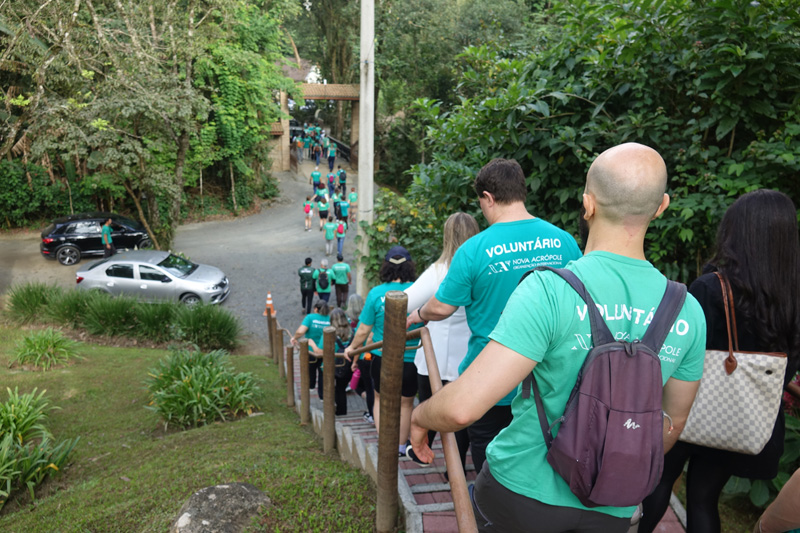
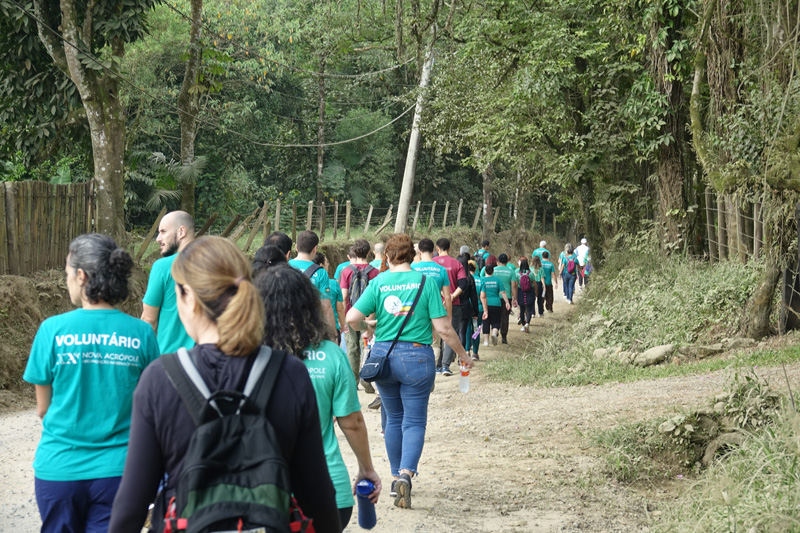
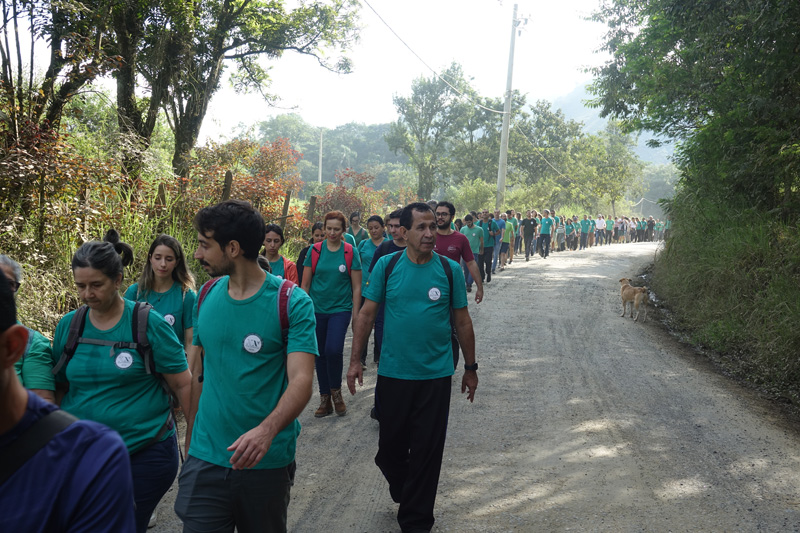
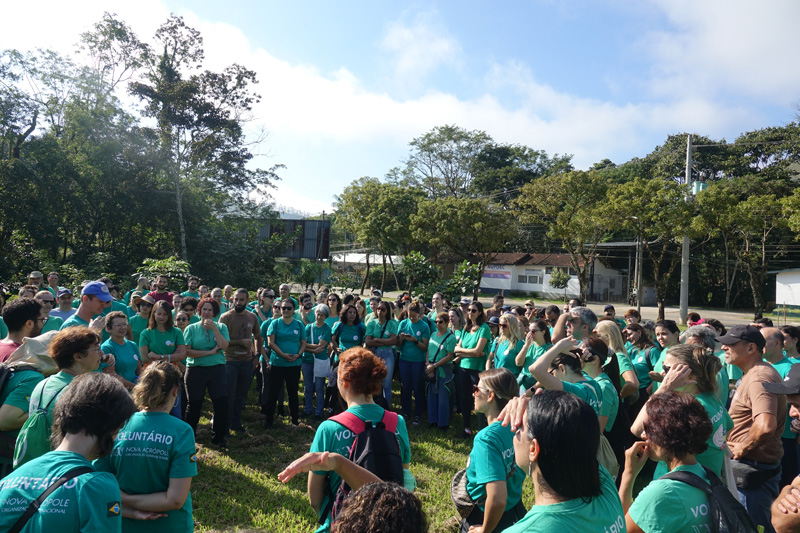
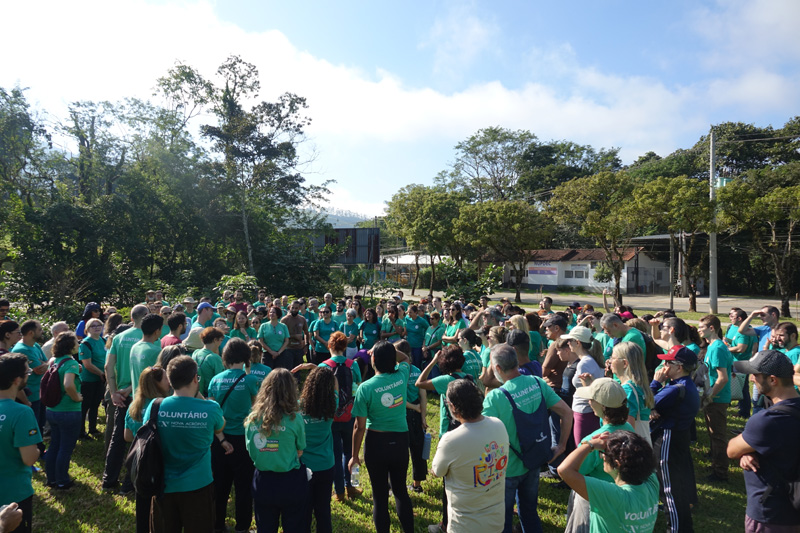
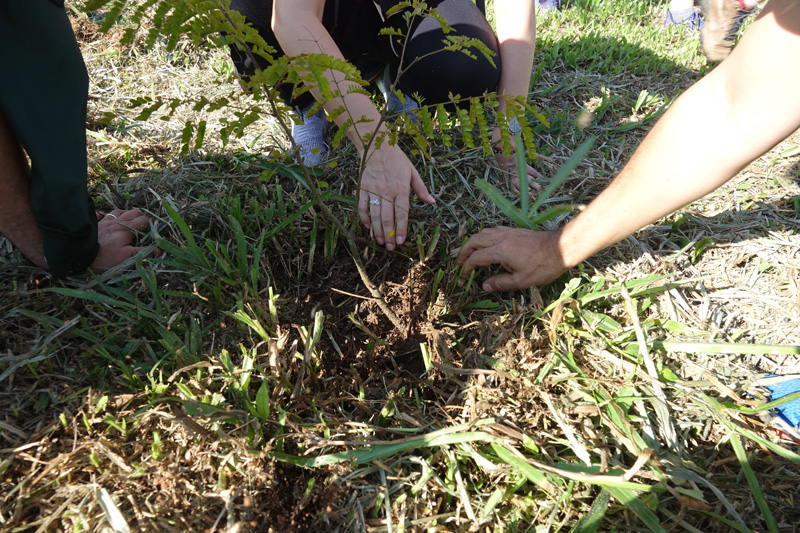
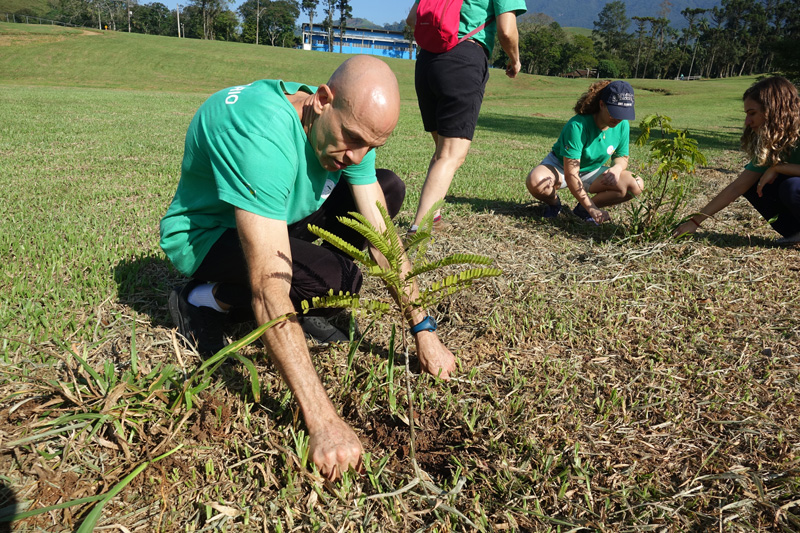
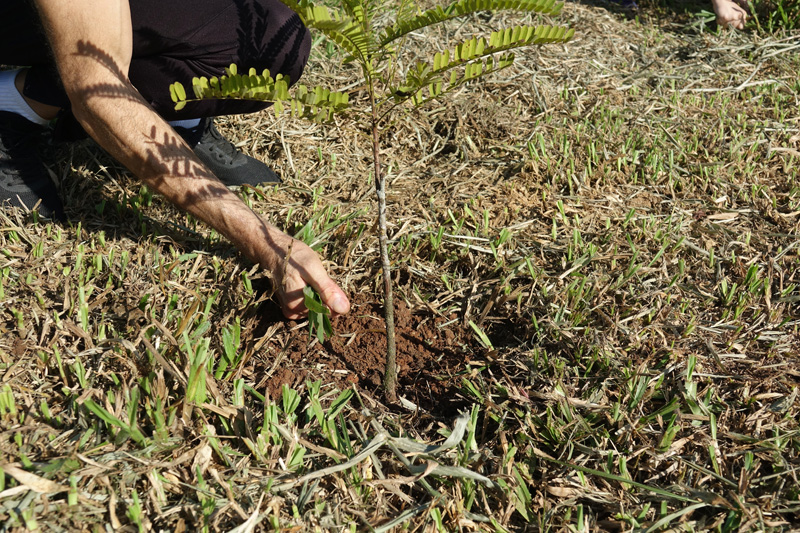
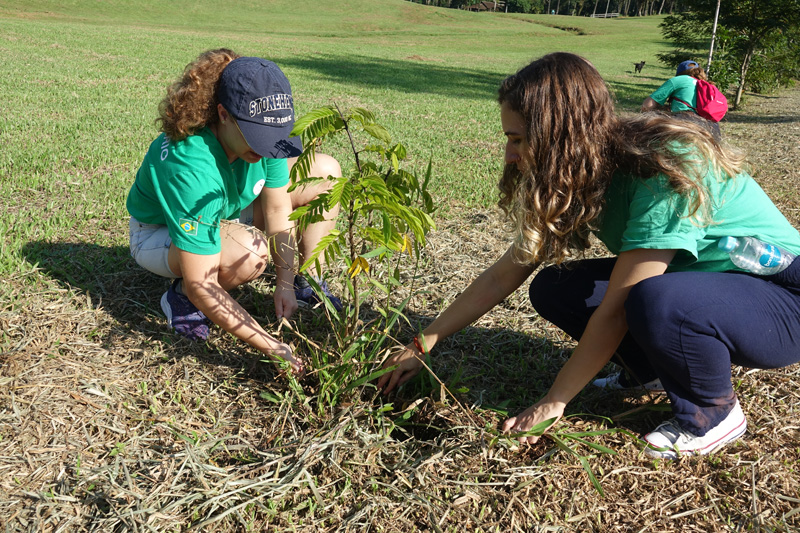
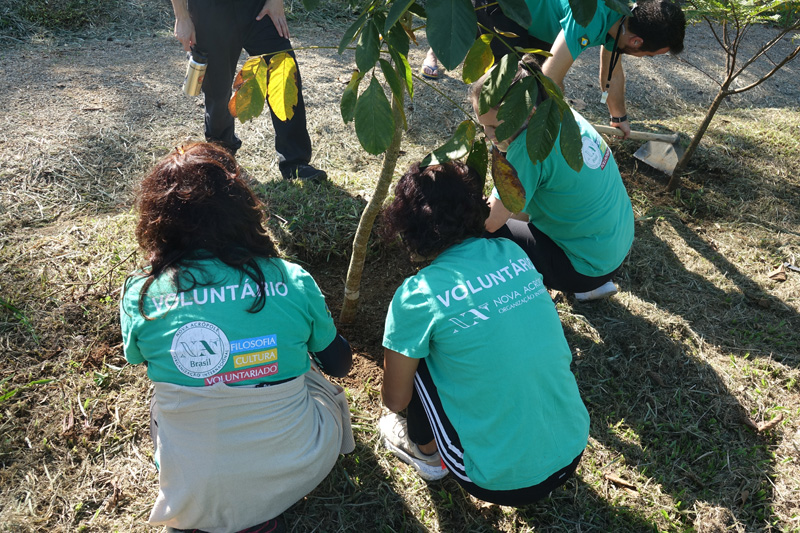
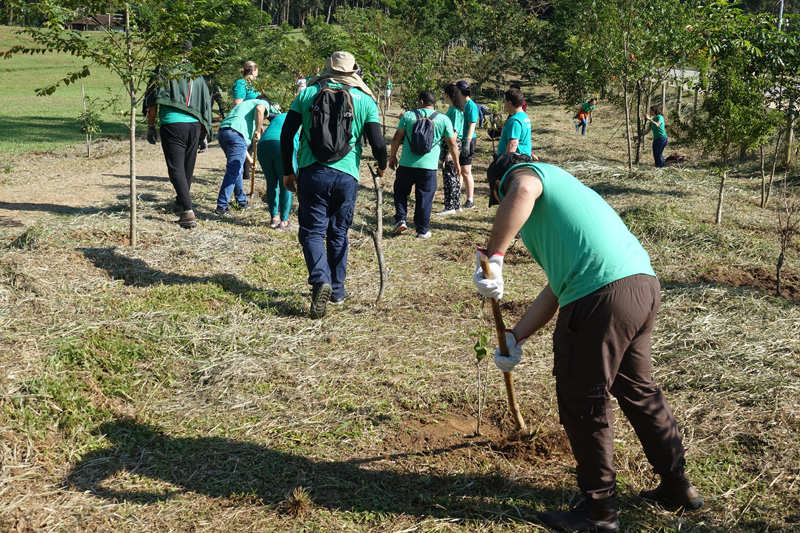
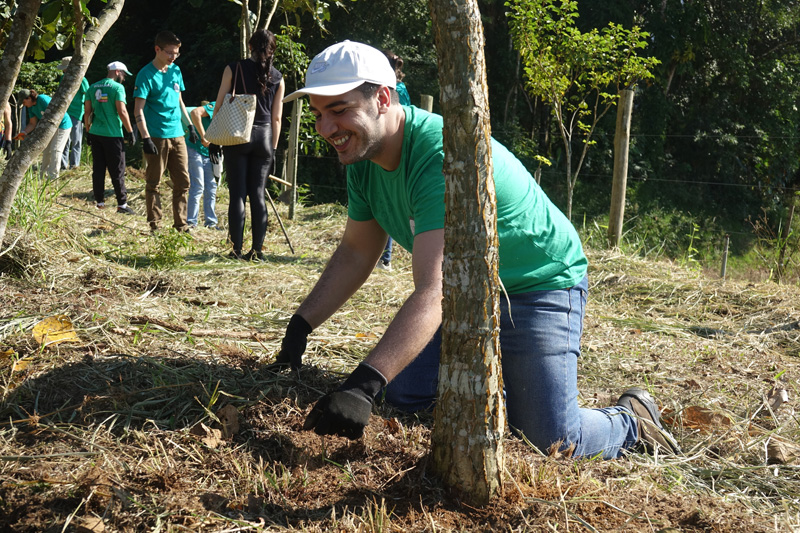
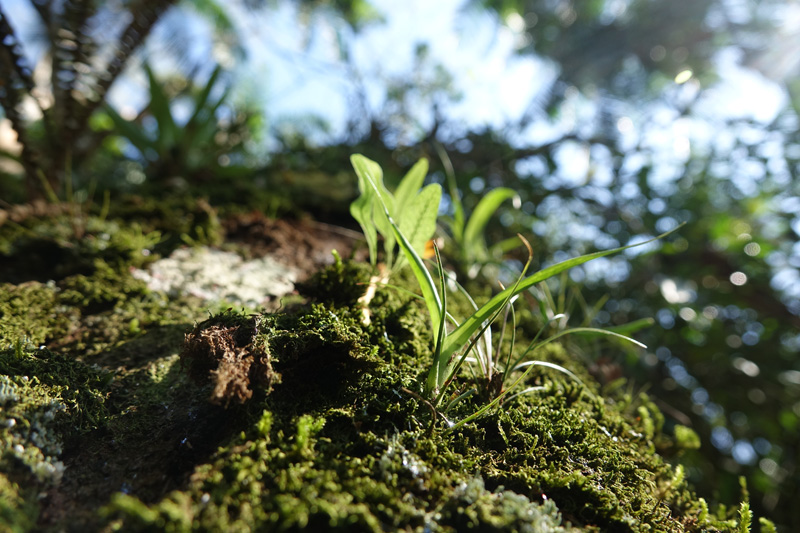
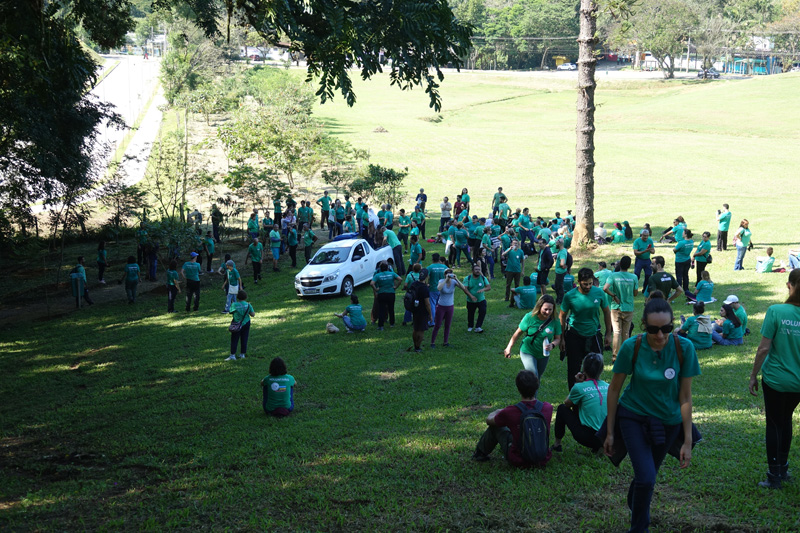
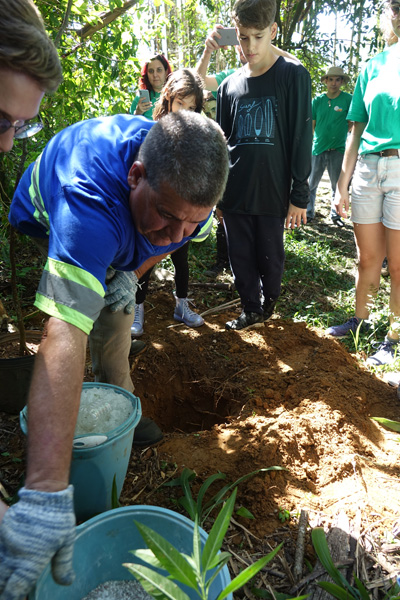
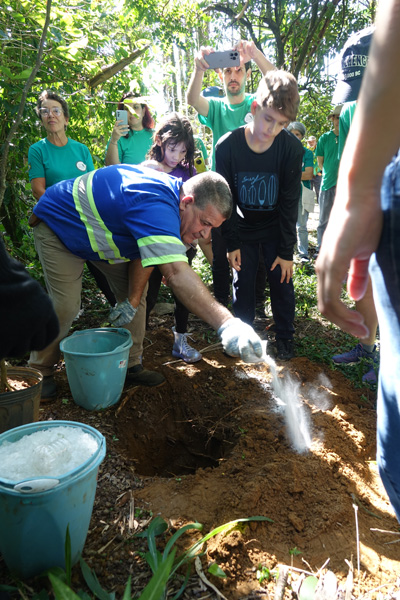
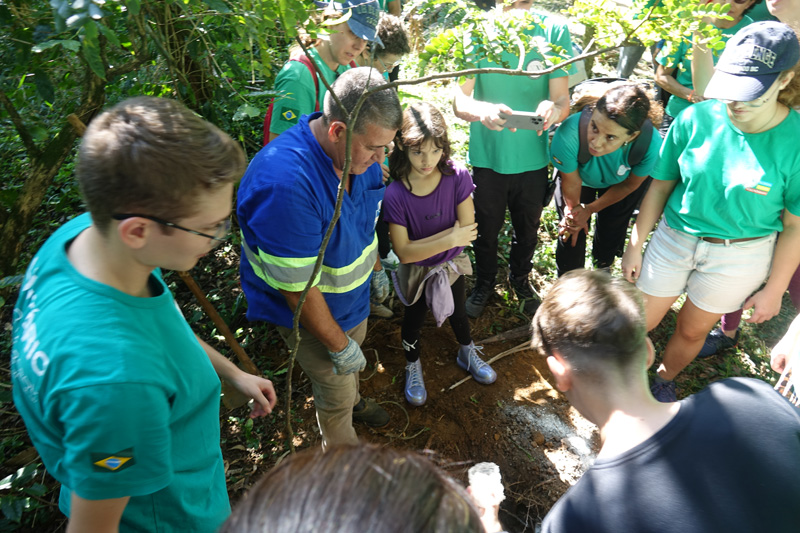
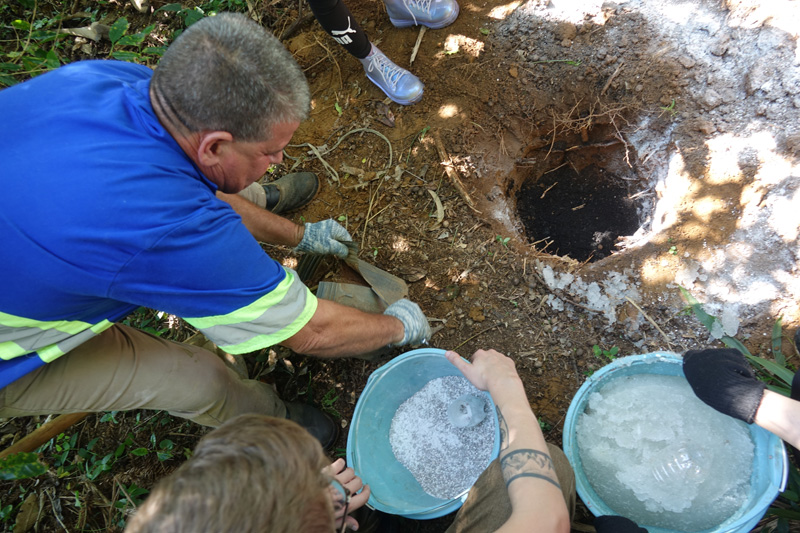
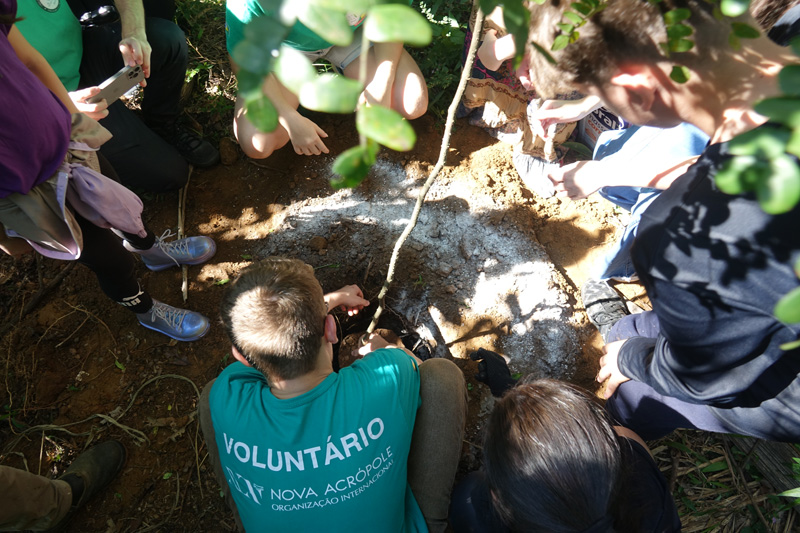
Para ver el evento completo, visite:
